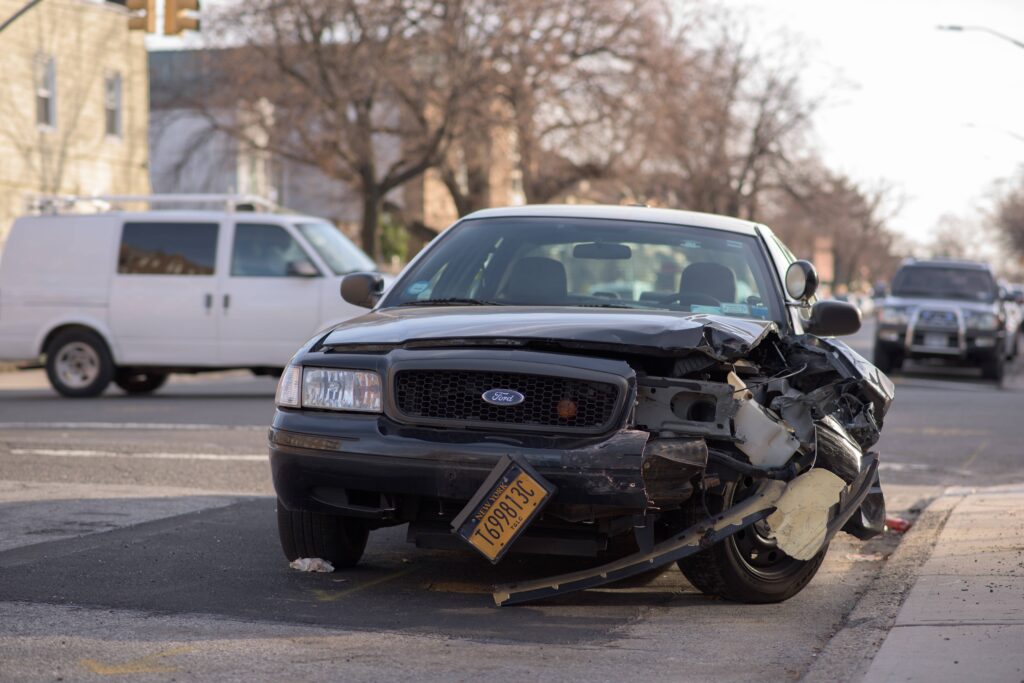North Carolina DUI/DWI Law
Like many states in the US, North Carolina’s DUI/DWI laws are extremely strict. If convicted of a DUI or DWI in the State of North Carolina you can face serious consequences. Penalties for a DWI can include fines, suspension of your license, and imprisonment. Ignorance of DUI and DWI law is not a valid defense when charged.
Which is it? DUI or DWI?

In North Carolina, when one is charged for driving a vehicle on a public road (or parking lot) while subject to an impairing substance, it is called “Driving While Impaired,” or DWI. Other states may call it “Driving Under the Influence,” or DUI.
When Can You Be Charged with a DWI?
Someone can be charged with a DWI if they operate a vehicle under the influence of a substance that impairs their ability to drive while on a public road or “public vehicular area,” or in other words, in a parking lot.
Substances that lead to a DWI charge:
- Alcohol
- Illegal Drugs
- Certain Prescription Medications
Of all the substances listed above, alcohol is the most common cause of DWI charges. In North Carolina, the legal limit of blood alcohol concentration (BAC) for drivers over the age of 21 is 0.08 (grams of alcohol per 210 liters of breath). For motorists under 21, the limit is 0.01. A driver found to be operating a vehicle over these limits will likely receive a DWI charge.
Before driving, always make sure your blood alcohol content is below the legal limit. If you are unsure of your BAC, it is best to arrange for a ride.
How DWI is Determined by the Authorities
The authorities use field sobriety tests to determine someone’s ability to drive.
Standardized Field Sobriety Tests (SFST):
- The Horizontal Gaze Nystagmus (HGN) Test
- The Walk and Turn Test
- The One Leg Stand Test
In addition to the SFSTs, the authorities can also administer a breathalyzer test to check your BAC.
The authorities can administer a sobriety test anytime there is evidence of a driver’s impairment. Failing a roadside sobriety test will, almost always, result in a DWI charge.
What to do After Receiving a DWI
If you have been charged with drinking and driving, you should seek out a North Carolina DWI lawyer. They will be able to provide the best counsel for trying the case or negotiating the most lenient sentence possible. In North Carolina, the General Assembly created very strict laws regarding DWI dismissals, requiring that prosecutors explain in writing anytime they dismiss a DWI. For that reason, a DWI is rarely dismissed. That is one reason why you should always hire an experienced lawyer anytime you are charged with DWI in North Carolina.
If you have already been convicted, an experienced lawyer can even help you appeal the guilty verdict, if you act in time.
Knowing your rights is the most important part of any legal process. If you have received a DWI, seek out a legal professional for help as soon as possible.


